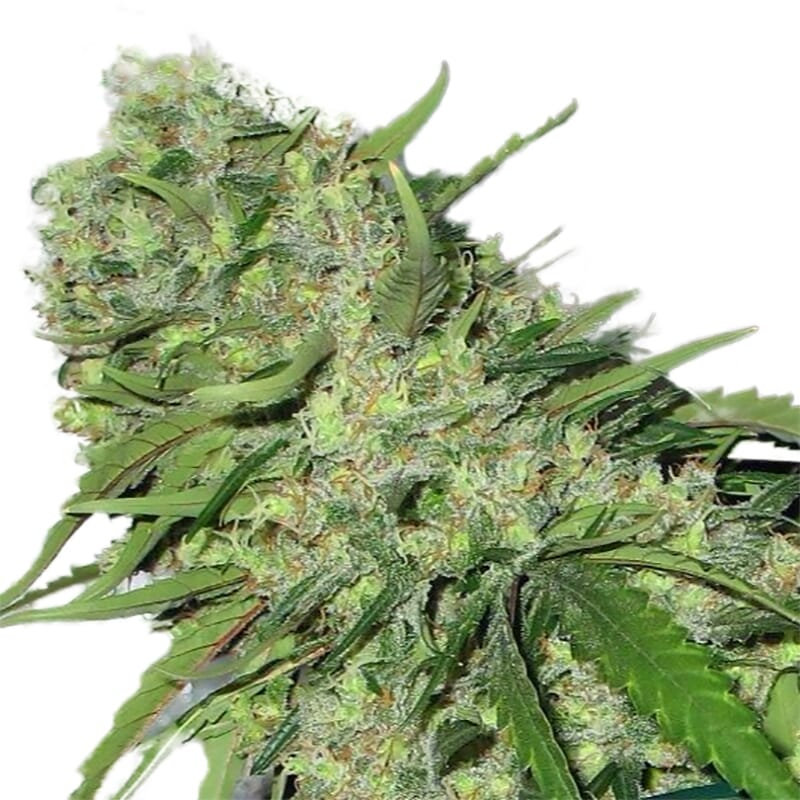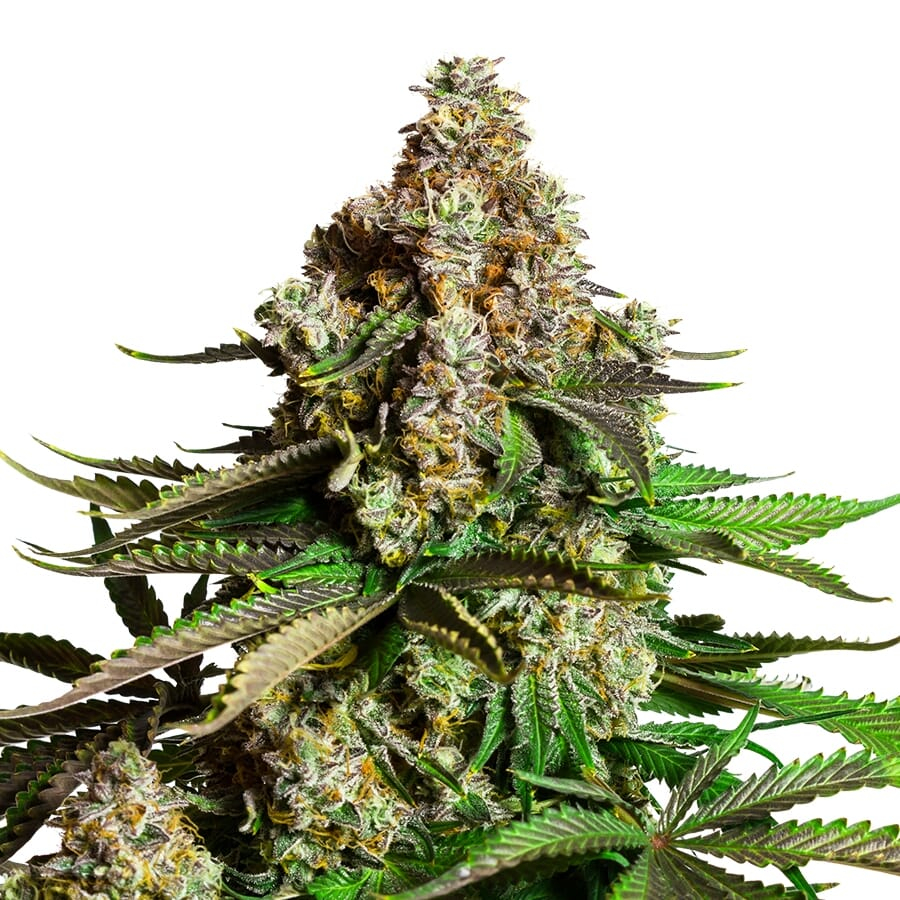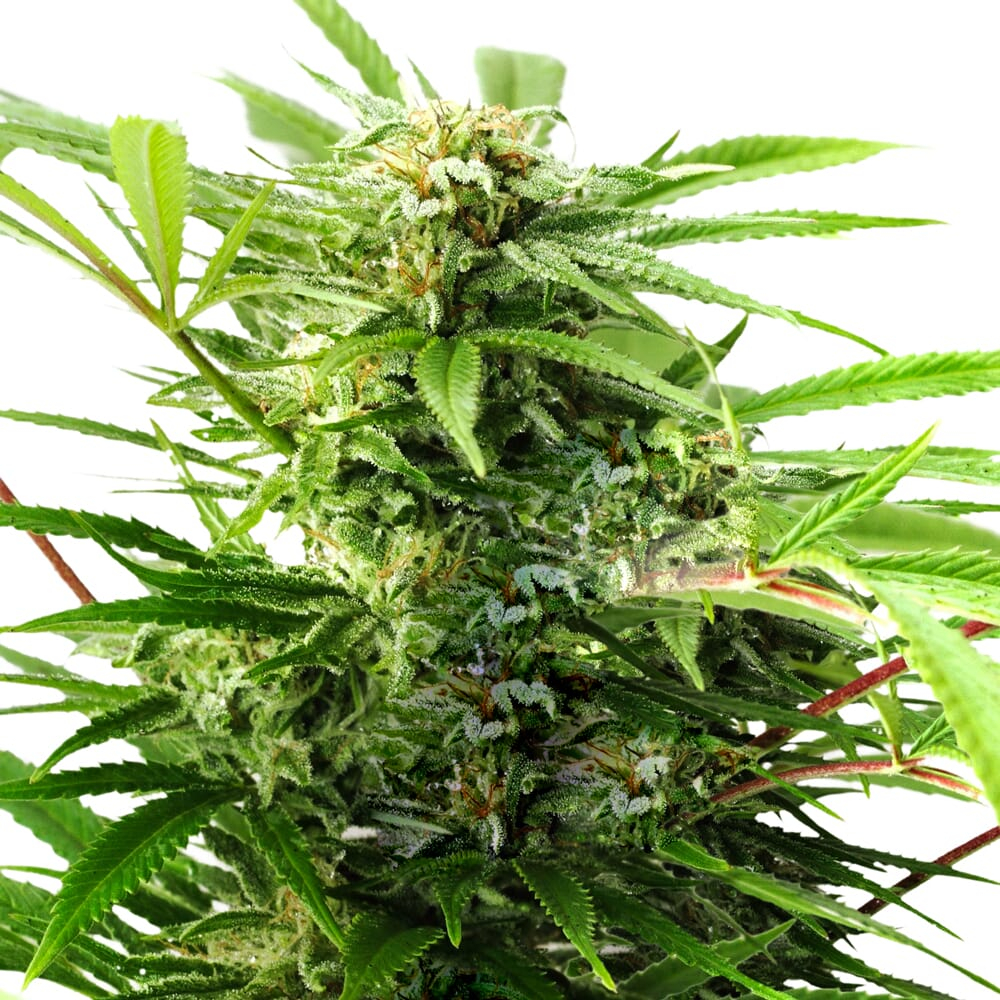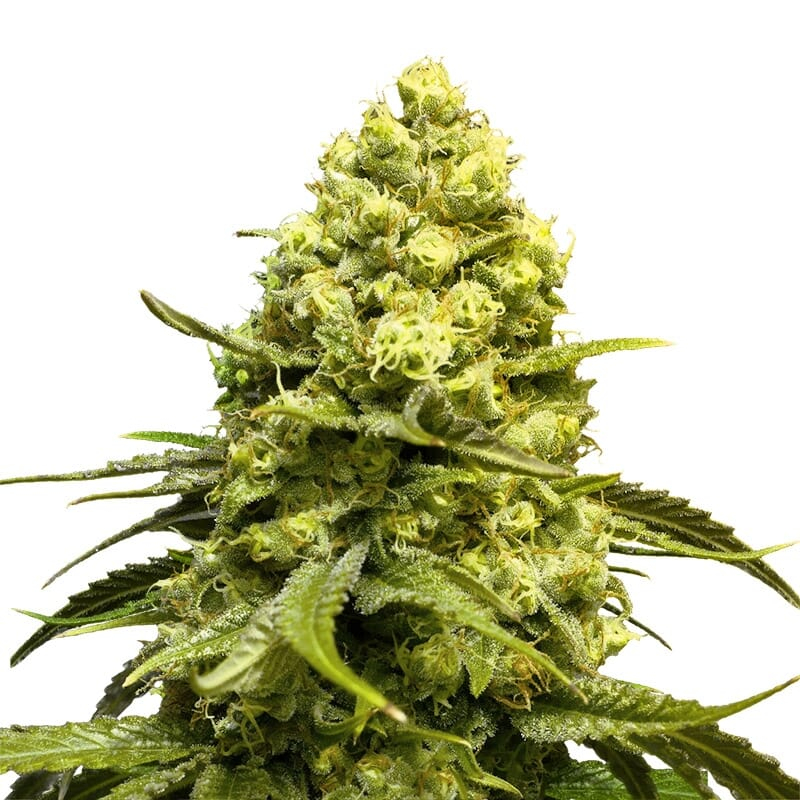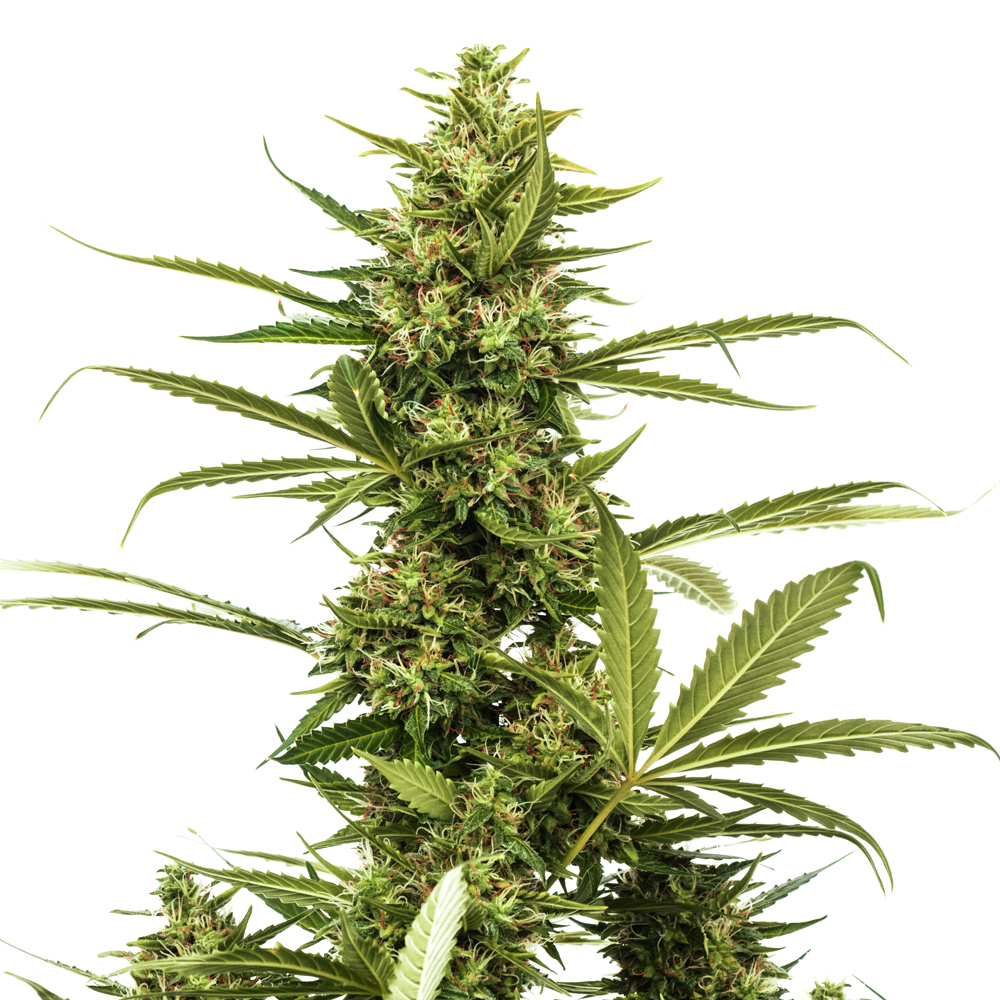Smoking Cannabis my Relaxing Ritual
In our rapidly advancing, modern society, finding a method to decompress and disconnect from the relentless flurry of daily stressors has become more than just an optional indulgence – it has evolved into an essential, survival-driven necessity. Be it the anxieties drawn from the professional realm, the pressures of maintaining personal relationships, or the never-ending stream of information and stimuli we are subjected to, the need to mentally ‘switch off’ for a while is undeniable. While some find their peaceful harbor in the pages of a riveting novel, a soothing glass of wine, or the adrenaline rush of a strenuous workout, I have discovered my personal haven in the subtly intoxicating, calming embrace of cannabis.
Smoking weed at the end of the day has morphed into more than just a habit or a means to seek temporary solace – it has become an integral part of my evening routine, a personal ritual infused with a sense of serenity and sacredness. This isn’t about an insatiable quest for a perpetual ‘high’ or an escape from reality. Instead, it’s about slowing down the ceaseless ticking of the clock, stepping out of the whirlwind of daily happenings, and granting myself the permission to rejuvenate, reflect, and simply be. It’s about indulging in that slow, deliberate act of lighting up, taking the first thoughtful drag, and feeling the day’s weight lifting off my shoulders, dissipating into the ether with each exhaled puff of smoke.
Understanding Cannabis: A Historical and Modern Perspective
Cannabis, often referred to as marijuana or weed, is a plant that has a rich tapestry of human use and interaction spanning thousands of years. Historically, it’s been utilized across diverse cultures for a myriad of purposes ranging from medicinal treatments to spiritual rituals, and for personal relaxation and recreational purposes. The use of cannabis as a therapeutic agent dates back to ancient civilizations like the Chinese and Egyptians who leveraged its healing properties to treat various ailments.
Despite its extensive historical usage, cannabis has trodden a somewhat controversial path, particularly in the 20th century, due to its psychoactive properties. Many societies stigmatized and criminalized its use, fueled by a lack of understanding and comprehensive research. However, the narrative surrounding cannabis has been shifting significantly over the past few decades. This shift can be attributed to an increasing body of scientific research that underscores its potential therapeutic benefits for a range of conditions from chronic pain to epilepsy, and even mental health disorders like anxiety and depression.
The Implications of Cannabis for Mental Health
Delving into the science behind cannabis, it’s important to understand its key active components known as cannabinoids. These compounds interact with our body’s endocannabinoid system, a complex biological system that plays a critical role in regulating a variety of physiological and cognitive processes such as mood, pain sensation, appetite, and sleep.
Two of the most prominent cannabinoids that have been extensively studied are Tetrahydrocannabinol (THC) and Cannabidiol (CBD). THC is the primary psychoactive compound in cannabis, responsible for the ‘high’ feeling associated with its use. On the other hand, CBD, while not intoxicating, has garnered attention for its potential therapeutic benefits, including anti-inflammatory, analgesic, and anti-anxiety properties. The complexity and potential of these compounds, coupled with the holistic experience of cannabis use, underscore its role as more than just a recreational drug.

My Evening Ritual: A Deep Dive into Tranquility and Self-Reflection
For me, the act of smoking weed transcends beyond its psychoactive effects. Rather, it constitutes a ritual – a mindful and deliberate sequence of actions that provides a structure, a rhythm to my evenings. It’s about the almost ceremonial process of choosing the bud, grinding it gently, filling it into a rolling paper or a pipe, and then lighting it up. It’s about that first, deeply inhaled puff, and the subsequent exhale that seems to carry away the day’s accumulated worries and stress.
This ritual has transformed into a consistent beacon of tranquility, a sanctuary amidst the unpredictable tumult of life’s storms. It offers me a respite, a momentary pause in the incessant whirlwind of tasks and thoughts, enabling me to retreat inward and engage with my own consciousness in a more relaxed, reflective state. In this space, I can take a step back from the immediate demands of the external world and explore the contours of my internal landscape.
The cannabis experience acts like a subtle filter, decelerating the rapid-fire onslaught of thoughts and ideas racing through my mind. It’s akin to pressing a ‘pause’ button in the middle of a chaotic symphony, bringing forth a sense of calm and focused attentiveness that creates room for introspection and self-reflection. This change in cognitive tempo allows me to sift through the events of the day, and to process my experiences, emotions, and reactions at a pace that feels comfortable and unhurried.
This ritual, enhanced by the properties of cannabis, cultivates a sacred space – a mental and emotional sanctuary where pretenses fall away and authenticity flourishes. Here, I can shed the numerous roles I play in everyday life and grant myself the freedom and permission to simply ‘be’. It’s a space where I am neither defined by my successes nor my failures, but am allowed to exist in the raw, unadorned essence of my selfhood. The act of smoking weed becomes a conduit for self-exploration, a tool that aids in fostering a deeper connection with my inner self.

Cannabis and Mental Health: Navigating a Complex Landscape
The interplay between cannabis and mental health is a labyrinthine terrain that is still being actively explored and understood by the scientific community. This complex relationship is multi-layered, with cannabis demonstrating potential for both therapeutic benefits and potential risks, heavily dependent on factors like dosage, frequency of use, and individual predisposition.
Preliminary studies and anecdotal reports suggest that moderate cannabis use may have a beneficial effect on managing symptoms of various mental health conditions. For instance, it has been observed to potentially alleviate chronic stress, quell anxiety, and provide symptomatic relief for those grappling with depression. The cannabinoids present in cannabis, particularly CBD, are thought to interact with the brain’s serotonin receptors, which can influence mood and behavior.
However, it’s imperative to underscore that the key to leveraging these potential benefits is rooted in moderation and responsible use. Just as with any substance, be it caffeine, alcohol, or prescription medications, the potential for misuse or over-reliance is a substantial consideration.
Excessive consumption or dependence-driven use of cannabis may tilt the scales towards more harmful consequences. These can encompass a spectrum of adverse effects ranging from increased anxiety, a state of paranoia, and cognitive impairment, to even precipitating or exacerbating a substance use disorder. A more acute risk includes Cannabis Use Disorder (CUD), a clinical condition characterized by an uncontrollable desire to consume the drug, despite harmful consequences.
Therefore, the approach towards cannabis use calls for an intimate understanding of one’s individual response and tolerance. It is essential to start with low doses and adjust usage incrementally, keeping in mind one’s physiological responses and psychological comfort. It’s also crucial to consider various factors such as the strain of cannabis used, its THC: CBD ratio, and the method of consumption.
This cautionary approach becomes even more critical when dealing with individuals who have pre-existing mental health disorders or are at high risk. Some research has indicated a potential correlation between heavy cannabis use and an increased risk of developing conditions like schizophrenia, particularly in individuals with a genetic predisposition.
In conclusion, the dance between cannabis and mental health is delicate and necessitates informed mindful navigation. While cannabis might offer some therapeutic potential, it’s crucial to remember that it is not a one-size-fits-all solution, and should ideally be used in conjunction with other evidence-based mental health treatments and lifestyle modifications.

An Odyssey of Self-Discovery and Tranquility
My journey with cannabis has unfolded as a unique voyage of personal discovery and unwinding. It’s a path that has imparted invaluable lessons about mindful consumption, the significance of attentively tuning into my body’s cues and responses, and understanding my mental landscapes in more profound, nuanced ways. Amid the tendrils of smoke and the ritualistic tranquility it imparts, I have stumbled upon my sanctuary – a personal strategy to unplug from the pulsating rhythm of the outside world and to rekindle the connection with my inner self.
Ultimately, it’s not about the medium, but rather, how one chooses to wield it. In my case, cannabis serves not as an escape route from the realities of life, but as a conduit leading to introspection, serenity, and a richer comprehension of my own mind. It’s like a soft-focus lens that subtly shifts my perspective, allowing me to appreciate the contours of my thoughts and emotions in a distinct, yet enlightening manner.
However, as with any substance or tool, it’s paramount to approach cannabis with a blend of respect, understanding, and mindfulness. This means acknowledging its potential benefits as well as its possible risks. It is about learning to incorporate it responsibly into our lives in a way that contributes positively to our overall well-being, rather than becoming a crutch or a source of dependency.
Every individual’s journey with cannabis will differ, colored by their unique physiological responses, personal circumstances, and perspectives. It’s crucial to remember that my experience is just one among countless narratives. As we strive to understand this plant and its potential more deeply, we must also respect and listen to the diversity of experiences it inspires.
By sharing my story, I hope to shed light on the potential of cannabis as a tool for relaxation and introspection and to underscore the importance of mindful, informed consumption. As the dialogue around cannabis continues to evolve, it’s up to each of us to ensure that our relationship with this plant is healthful, mindful, and above all, personal.
Enjoy smoking and a happy peaceful mind!
Disclaimer: This article does not promote or endorse the use of cannabis, particularly where it’s illegal. It merely shares a personal experience. Always follow the laws of your locality regarding the use of cannabis and consult with a healthcare provider for professional advice.
FREQUENTLY ASKED QUESTIONS
1. How does cannabis help with relaxation and stress relief?
Cannabis can help with relaxation and stress relief by interacting with the body’s endocannabinoid system, which regulates various physiological processes such as mood, pain sensation, and sleep. When used responsibly, it can provide a sense of calm and tranquility, making it easier to unwind after a stressful day.
2. What are the potential mental health benefits and risks of using cannabis?
Cannabis has shown potential benefits for mental health, such as alleviating symptoms of anxiety and depression, and managing chronic stress. However, it also carries risks, particularly with excessive use, which can lead to increased anxiety, paranoia, cognitive impairment, and potential development of Cannabis Use Disorder (CUD). It’s essential to use cannabis in moderation and be aware of individual responses.
3. What are the key components of cannabis, and how do they affect the body?
The key components of cannabis are cannabinoids, primarily Tetrahydrocannabinol (THC) and Cannabidiol (CBD). THC is the psychoactive compound responsible for the ‘high’ feeling, while CBD is non-intoxicating and known for its potential therapeutic benefits, such as anti-inflammatory and anti-anxiety properties. These cannabinoids interact with the body’s endocannabinoid system, influencing various physiological processes.



